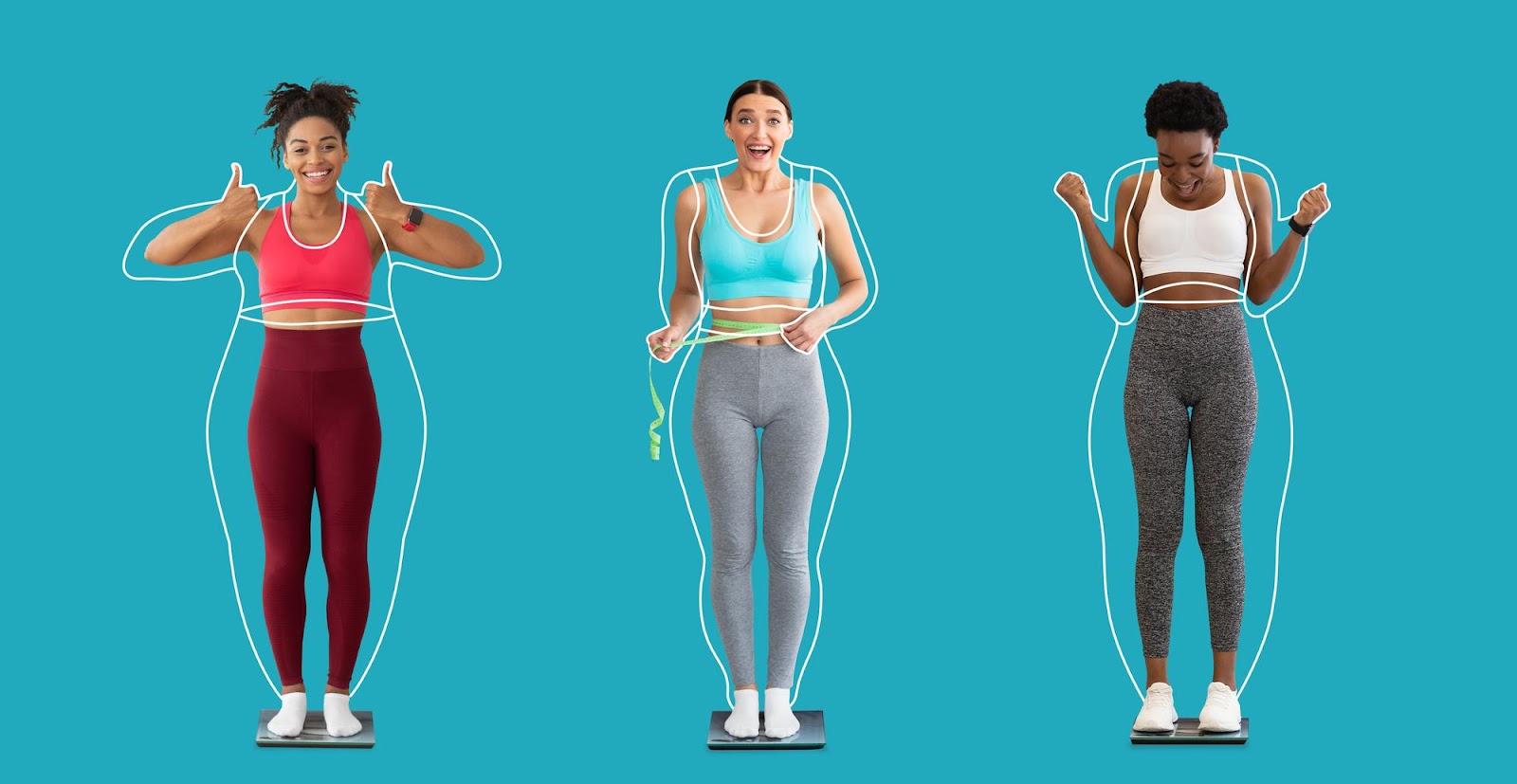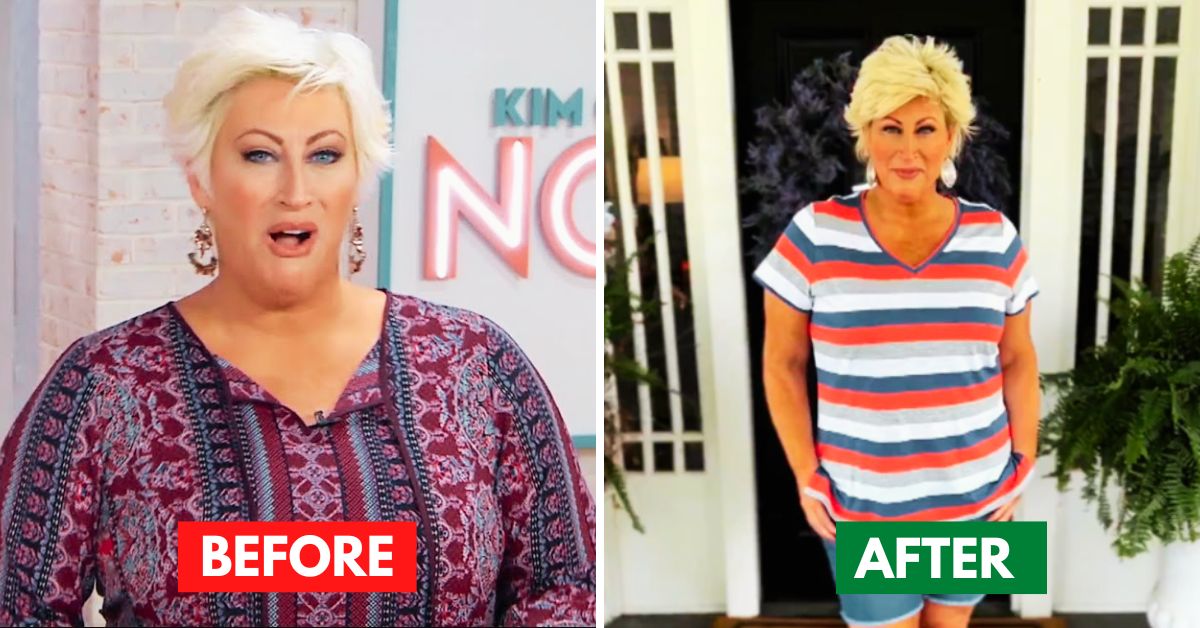An overbite is one of the most common dental conditions, where the upper teeth overlap the lower teeth. While it may seem like a solely cosmetic issue at first glance, an overbite can also lead to significant oral health concerns. These include jaw pain, difficulty chewing, tooth erosion, and even speech challenges if left untreated.
If you’re wondering whether braces can successfully correct an overbite, you’re in the right place. This blog will provide a comprehensive overview of how braces work to fix overbites, the treatment process, and what you can expect along the way. Whether you’re just starting to explore your treatment options or looking for in-depth advice, this guide has got you covered.
What is an Overbite?
An overbite occurs when your upper teeth extend beyond your lower teeth. While some degree of an overbite (1–3 millimeters) is normal, anything beyond this range could require orthodontic intervention.
There are two main types of overbites:
- Dental Overbite – This type occurs when the overbite is caused by improper positioning of the teeth rather than any structural issues with the jaw. Dental overbites are typically easier to treat with braces or aligners.
- Skeletal Overbite – This happens due to misalignment or size discrepancies in the jaw structure. Severe skeletal overbites may require a combination of braces and surgical intervention.
Common Causes of Overbites:
- Genetics – An inherited jaw shape or tooth alignment can contribute to an overbite.
- Childhood Habits – Thumb-sucking, prolonged pacifier or bottle use, and tongue-thrusting can all lead to overbites.
- Teeth Grinding – Clenching or grinding your teeth can push the tooth alignment out of place over time.
- Tooth Development Issues – Missing teeth or overcrowding can also contribute.
Understanding the type of overbite you have can help determine the best treatment path.
Why Fixing an Overbite is Important
While many people associate overbites with aesthetic concerns, their impact goes well beyond appearance. Here’s why getting an overbite treated is important:
Oral Health Benefits:
- Prevent Tooth Damage – An overbite can wear down tooth enamel, leading to cavities and sensitivity faster than usual.
- Reduce Risk of Gum Disease – Misalignment can make it harder to clean certain areas of your teeth, increasing the likelihood of gum issues.
- Avoid TMJ Problems – An untreated overbite may cause jaw joint issues, leading to chronic headaches or facial pain.
Functional Improvements:
- Ease Chewing – Proper alignment reduces strain on the jaw muscles, making chewing more comfortable.
- Improve Speech – Overbites can cause speech impediments by interfering with tongue placement.
Confidence Boost:
Fixing an overbite can improve your smile, which positively impacts self-esteem and how others perceive you.
By addressing these concerns early, you can avoid long-term complications and enhance your quality of life.
How Braces Fix an Overbite
Diagnosis and Treatment Planning
Your orthodontist will first evaluate the severity of your overbite through X-rays, dental impressions, and other diagnostic tools. Based on whether the overbite is dental or skeletal, a customized treatment plan will be developed.
Here’s how braces work to fix overbites:
The Role of Braces in Correcting Overbites
Braces consist of brackets and wires that exert continuous pressure to reposition the teeth. Here’s how they tackle overbites:
- Teeth Alignment – Braces align both the upper and lower teeth into their correct positions over time.
- Elastics (Rubber Bands) – Rubber bands connect the upper and lower teeth, pulling the jaw into proper alignment gradually.
- Additional Appliances – For moderate to severe overbites, your orthodontist might recommend devices like Herbst appliances or Forsus springs to shift jaw positioning effectively.
Combining Braces with Other Treatments for Severe Cases
For severe skeletal overbites, braces alone may not suffice. Orthodontists may combine braces with:
- Tooth Extractions – Removing one or more teeth creates space for proper alignment in cases of overcrowding.
- Jaw Surgery (Orthognathic Surgery) – This surgical procedure repositions the jaw to fix underlying structural issues. It’s usually reserved for adults with fully developed jaws.
Rest assured, your orthodontist will guide you through the right combination of treatments based on your overbite’s complexity.
How Long Do Braces Take to Fix an Overbite?
The time it takes to fix an overbite depends on its severity and other individual factors. Here’s a general timeline:
- Mild Overbites – Can often be corrected within 6–12 months.
- Moderate to Severe Overbites – May take 1.5–2 years to fix, especially when additional appliances or surgery is required.
- Early Intervention in Kids – Using tools like palate expanders can expedite the process.
Factors like the type of braces, age, and adherence to your orthodontist’s recommendations (e.g., wearing elastics consistently) can also impact treatment duration.
Cost of Fixing an Overbite with Braces
The treatment cost varies based on the type of braces and any additional procedures required. Here’s a breakdown:
- Traditional Metal Braces – $3,000–$7,000
- Ceramic Braces or Invisalign – Around ~$5,000
- Braces with Jaw Surgery – Costs can exceed $20,000, though some of it may be covered by insurance.
Be sure to check with your insurance provider, as many plans partially cover orthodontic treatments like braces.
Braces vs. Other Overbite Treatment Options
Braces may not be the only option for correcting an overbite. Here’s a comparison:
- Clear Aligners (e.g., Invisalign) – These are discreet but may not be as effective for severe overbites.
- Headgear – Often used in children to address jaw alignment.
- Palate Expanders – Mostly used in kids whose upper jaw requires widening to fit crowded teeth.
While these alternatives are available, braces remain the most reliable option for treating moderate to severe overbites.
Post-Treatment Care and Retainers
Once the braces come off, maintaining the results is crucial. Orthodontists recommend wearing retainers, which prevent teeth from shifting back into their original positions.
Types of Retainers:
- Fixed Retainers – Bonded behind the teeth for permanent retention.
- Removable Retainers – Clear plastic or wire retainers worn during sleep.
Consistently following your orthodontist’s care instructions ensures your hard-earned results last a lifetime.
Build a Healthier, More Confident Smile Today
An overbite may start as a minor inconvenience, but the long-term implications on oral health, comfort, and confidence are significant. Braces offer a proven solution to correct overbites, ensuring not just a straighter smile, but improved health and function as well.
Unsure where to begin? Schedule a free consultation with a certified orthodontist today and take the first step toward achieving the smile you deserve.
FAQs
How long do braces take to fix an overbite?
Timeframes range from a few months to two years, depending on the severity and treatment plan.
Can adults fix their overbite with braces?
Yes! While treatment times may be longer than for children, braces and other procedures like jaw surgery can effectively fix adult overbites.
Is it worth getting braces for an overbite?
Absolutely. Correcting an overbite improves oral health, functionality, and self-confidence, making it a worthwhile investment.
How much does it cost to fix an overbite?
Costs range widely based on treatment, but most braces cost between $3,000 and $7,000, with potential insurance coverage available.

















